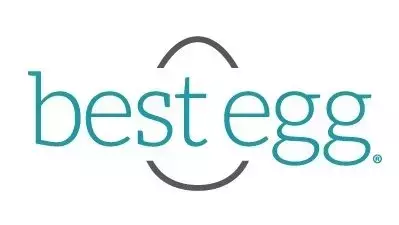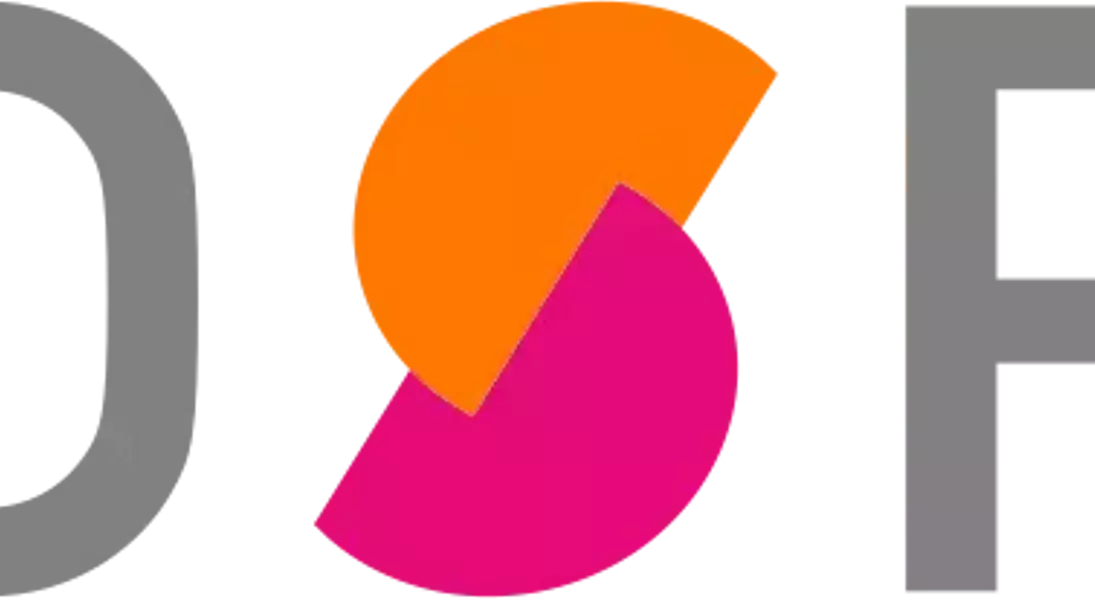




Navigate the Lending Landscape with Confidence
Understanding Loan Accessibility: Beyond the Conventional
Beware of any loan provider that promotes universal approval, as these frequently involve excessive charges and high interest, making repayment difficult. Instead, focus on credible lenders who employ innovative evaluation methods, extending their services to a broader spectrum of applicants.
Upstart: A Solution for Developing Credit Profiles
Upstart was founded on the belief that personal loans should be available to a greater number of individuals. Leveraging artificial intelligence, Upstart analyzes over 2,500 data points from applicants, leading to a significantly higher approval rate compared to traditional lenders. This approach incorporates factors like educational background and professional experience, not just your credit score.
Prosper: Your Gateway to Peer-to-Peer Lending
Prosper offers a distinct lending model where funds are sourced from individual investors rather than banks. This platform is recognized for its accessible underwriting process, which benefits applicants with lower credit scores. You can initiate an application with a credit score as low as 560, and a soft credit inquiry allows you to assess your potential rates without affecting your score.
Upgrade: Innovating with Fair Credit Opportunities
Upgrade, a financial technology company, collaborates with banking institutions to provide a range of financial products, including loans. They cater to borrowers with credit scores starting at 580 and are known for their streamlined digital application process. Borrowers can pre-qualify to check their rates, which is particularly beneficial for those with developing credit histories.
Best Egg: Secure Lending with Flexible Options
Best Egg differentiates itself by offering both secured and unsecured personal loans. This is advantageous for individuals with less-than-perfect credit, as they can leverage assets, such as vehicles or home equity, to qualify for a loan. Best Egg's evaluation process considers multiple factors beyond just a credit score to determine loan eligibility and rates.
Alternative Funding Avenues for Individuals with Limited Credit
If you possess a low credit score, several other financing options are worth exploring. These can be particularly useful for immediate financial needs, smaller loan amounts, or when avoiding traditional credit checks is preferred.
Loans from Friends or Family: A Personal Approach
Borrowing from close acquaintances or relatives eliminates the need for a credit check. It is crucial, however, to maintain a serious commitment to repayment to preserve relationships and avoid any future discomfort.
The Advantage of a Co-Signer
Enlisting a friend or family member with strong credit to co-sign your loan can significantly boost your approval chances and secure more favorable interest rates and terms. Remember, a co-signer takes on the legal responsibility for the debt if you cannot fulfill your obligations.
Exploring Cash Advance Solutions
Cash advances are often among the most straightforward loans to obtain, providing quick access to small sums that are typically repaid swiftly. Numerous reputable cash advance applications are available, each with varying fee structures, interest rates, and processing times. Always review the terms carefully.
Payday Alternative Loans (PALs): A Safer Choice
Many credit unions provide Payday Alternative Loans (PALs), which serve as a more advantageous option compared to conventional payday loans. PALs typically feature lower interest rates and do not demand excellent credit for eligibility.
Leveraging Home Equity Through Investment
Distinct from traditional home equity loans or lines of credit, a home equity investment (HEI) is accessible to borrowers with lower credit scores. This is because an HEI involves selling a portion of your home's future value, basing the lending decision more on your property's existing equity.
Considering a 401(k) Loan
Some employers offering 401(k) retirement plans allow employees to borrow from their own accounts. This option requires no credit check as you are essentially borrowing from yourself. However, a potential downside is missing out on investment growth, and failure to repay on time can lead to penalties.
Strategies for Enhancing Loan Approval Prospects
To secure better terms on future personal loans, consider these methods for improving your credit standing.
Verifying Your Credit Report for Accuracy
Accessing your credit report at no cost is a simple process. Thoroughly examine it for any inaccuracies and identify adverse accounts that you can address, which can positively impact your credit score.
Optimizing Your Debt-to-Income (DTI) Ratio
Your DTI ratio compares your monthly debt payments to your income. Reducing your outstanding debt can improve this ratio, signaling greater financial health to lenders.
Managing Credit Card Utilization Effectively
If you're using more than 30% of the available credit on your credit cards, prioritize reducing this amount. Your credit utilization significantly influences your credit score, making its reduction a key step towards improvement.
